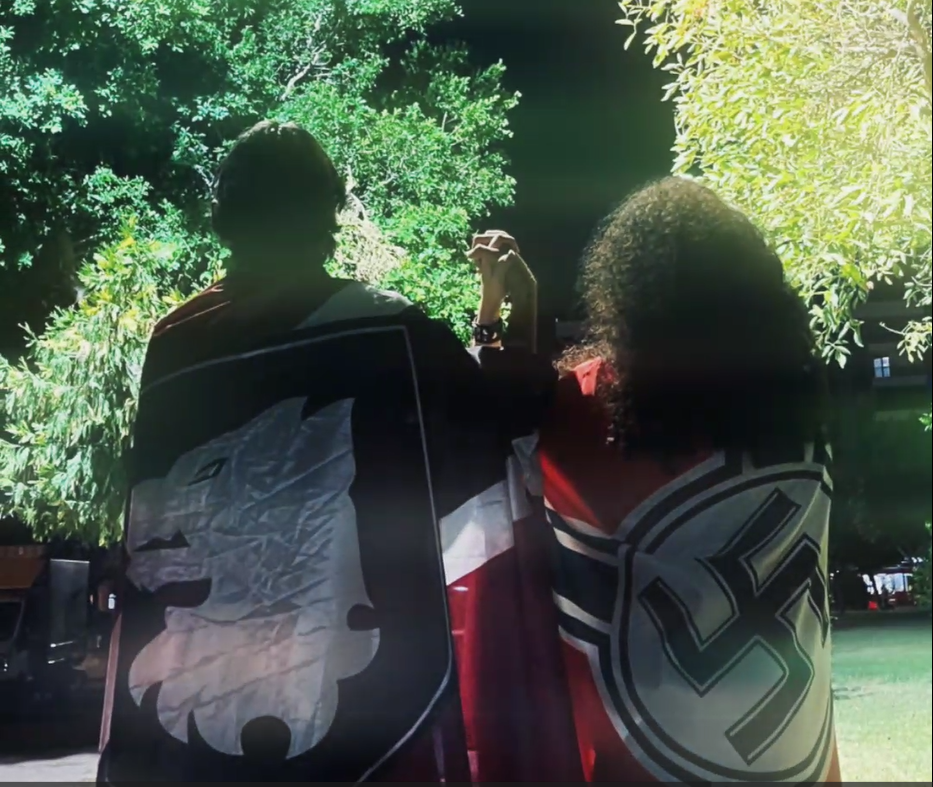
On Aug. 12, a significant and alarming event unfolded in Eskisehir, a city often praised as one of the safest in the world. An 18-year-old youth executed Türkiye’s first neo-Nazi-motivated mass attack. The attacker, who hailed Norwegian mass murderer Anders Breivik and Christchurch mosque shooter Brenton Tarrant as saints, was quickly apprehended by law enforcement.
Following the attack, neo-Nazi movements in Türkiye came under scrutiny. President Recep Tayyip Erdogan condemned the incident in Eskisehir, emphasizing that any attack on Türkiye's cultural and religious values is unacceptable. He pledged to protect the youth from dangerous foreign ideologies, stating, "We will not tolerate vulgar racism."
A group calling itself the "National Front" was discovered, raising concerns that this organization, which praises Nazis on Telegram, uses Nazi symbols in its flags, and identifies as racist, could inspire similar mass attacks.
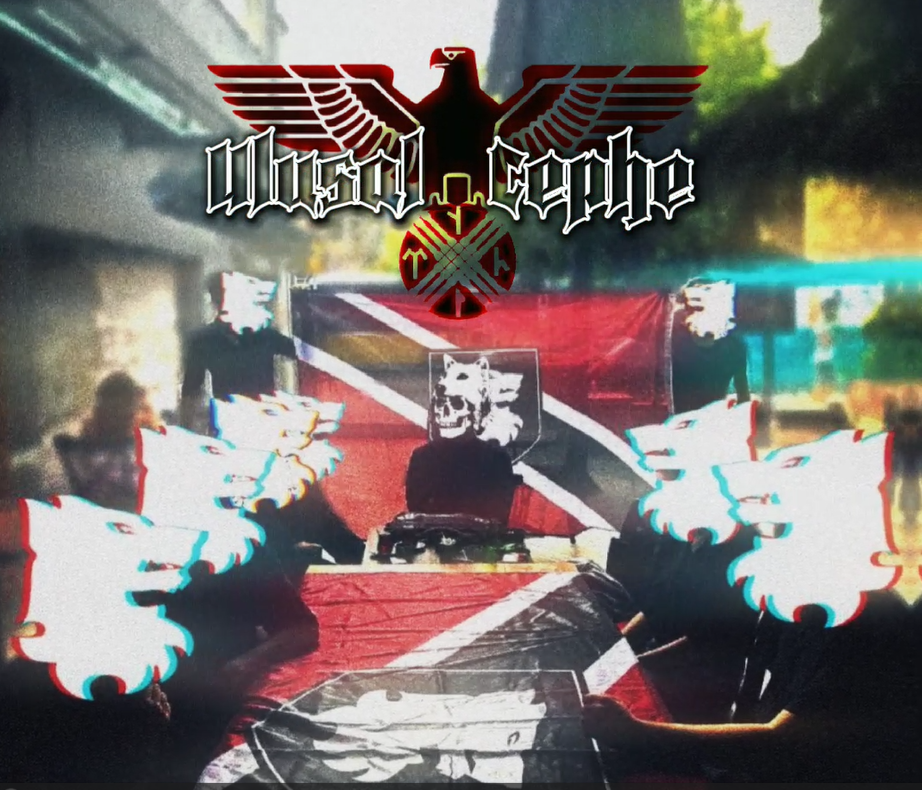
The "National Front" group, composed mainly of young members, conducts propaganda through social media platforms and also engages in various real-world actions.
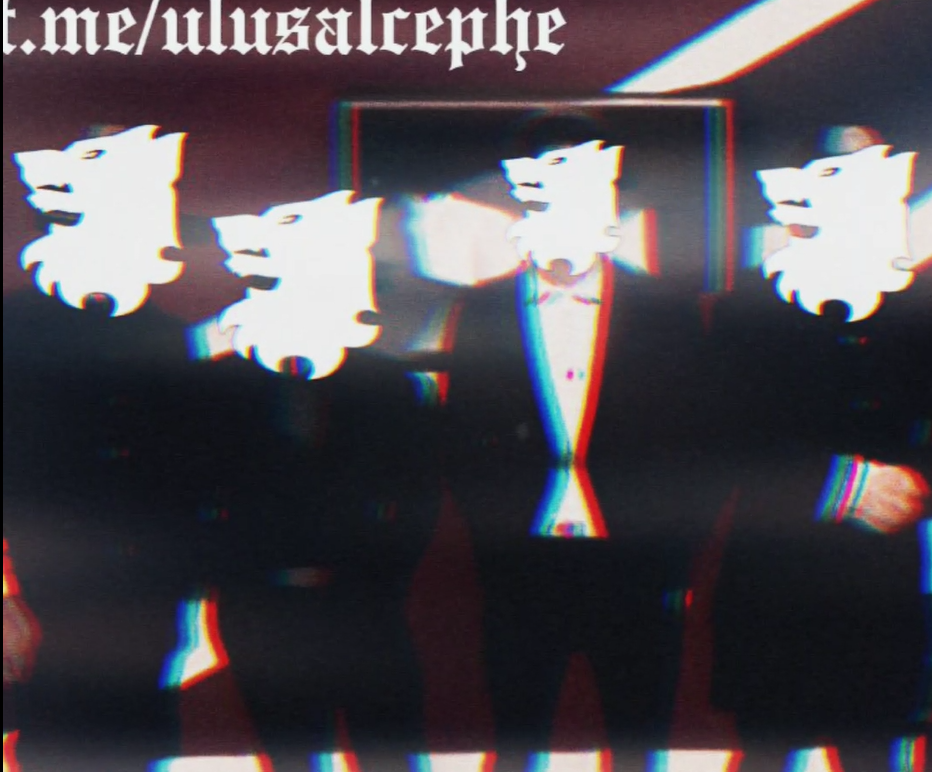
The National Front operates under the guise of the National Front Party (NFP), an unofficial organization that identifies as national socialist but adheres to neo-Nazi principles. Their leadership includes:
Kocak’s assertions about the group’s “national socialist” beliefs and the secrecy surrounding its leadership structure raise serious concerns about the potential involvement of former military personnel in extremist movements.
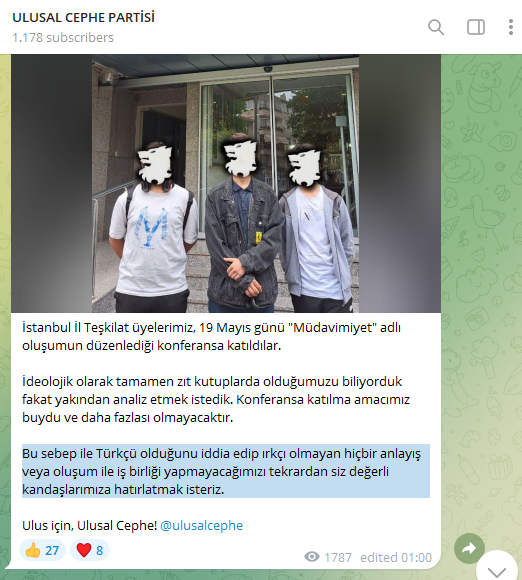
The National Front’s views are disseminated primarily through encrypted Telegram channels. Among their most radical ideas:
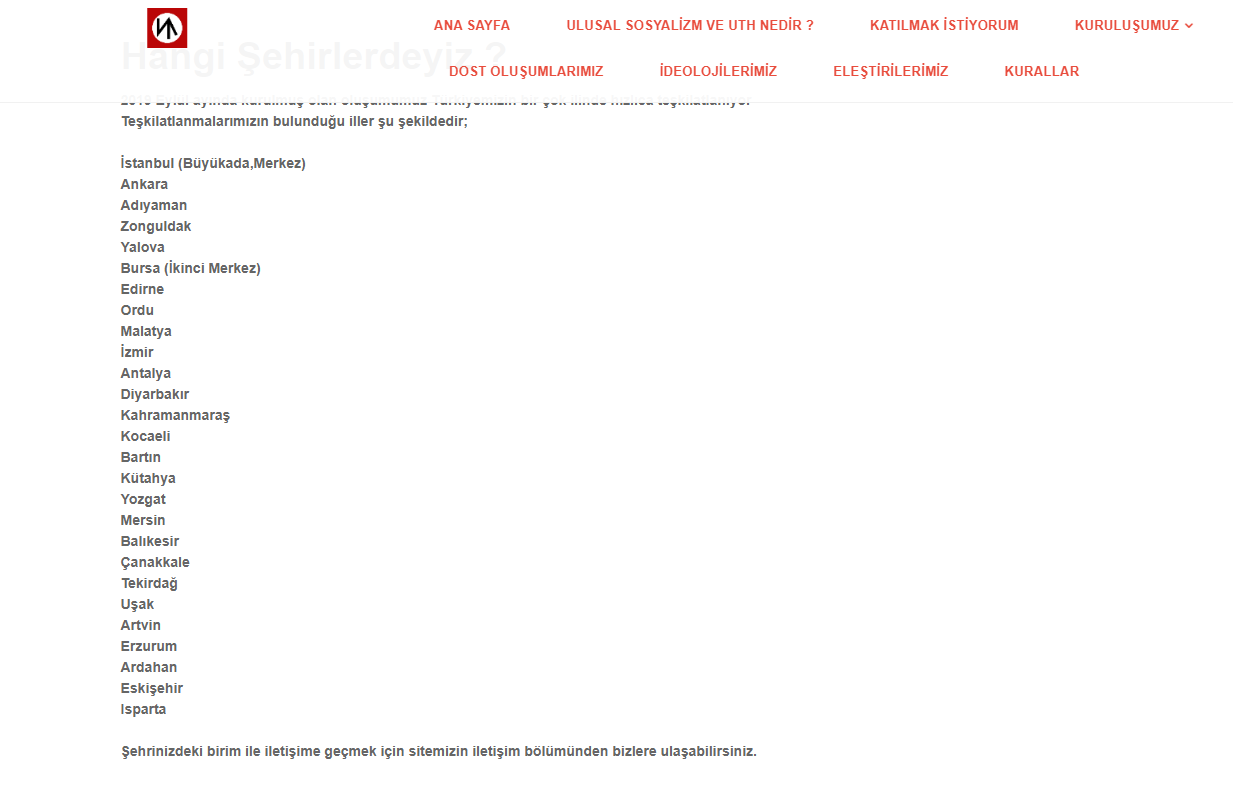
The National Front claims to operate in 27 cities across Türkiye, with its main headquarters on Buyukada, an island near Istanbul. Their second center is located in Bursa, one of the largest cities in Türkiye. The group’s influence appears to be spreading, particularly in larger metropolitan areas, where far-right ideologies are finding new footholds.
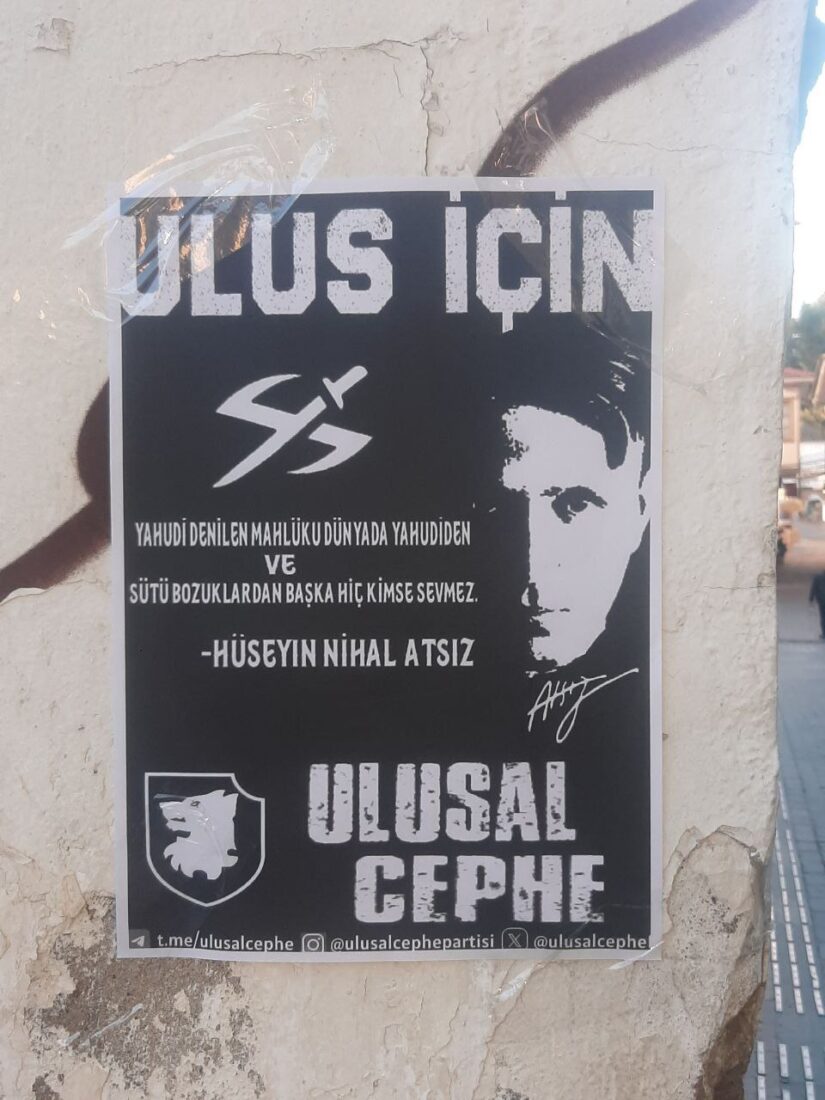
The group’s propaganda heavily references figures from Türkiye’s early nationalist movements. Their posters and publications feature:
Their use of these historical figures suggests that the National Front seeks to position itself as a modern continuation of Türkiye’s early nationalist movements, albeit with a much more radical and dangerous twist.
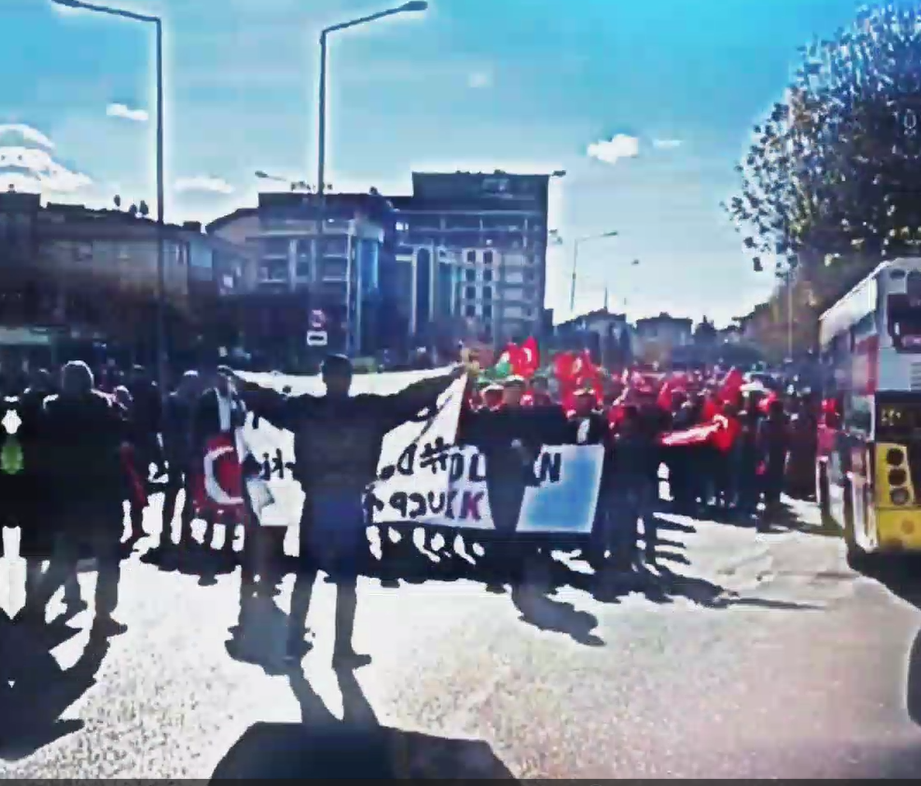
The neo-Nazi group took their name from France’s National Front, a party founded in 1972. Known for its far-right and anti-immigrant views, the party inspired the establishment of similar movements in many countries. In 2018, the party’s leaders, uncomfortable with this image, renamed it the National Rally.
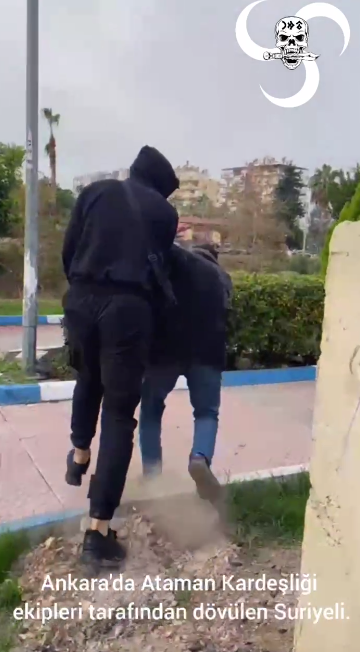
The National Front is believed to be the successor to a now-defunct far-right group called the Ataman Brotherhood.
The name Ataman Brotherhood has an intriguing backstory. Some alternative historians argue that the true founder of the Ottoman state was Ataman, not Osman, and believe the empire should have been called the Ataman Empire. They suggest that, since Ataman is a Turkish name, it would have been a more fitting name for the state
These figures argue that names used by the Ottoman ruling family, like Ertugrul, Gunduz Alp, and Orhan, were Turkish, suggesting it is unlikely they would name a child Osman, an Arabic name. This interpretation supports their nationalist view that the empire should have been named the Ataman Empire, not the Ottoman Empire.
The group, which identified as the Ataman Brotherhood, shared its violent actions on Telegram channels and advocated for violence against refugees and foreigners.
After the Ataman Brotherhood disbanded their Telegram groups, the National Front emerged as a prominent name among neo-Nazis.
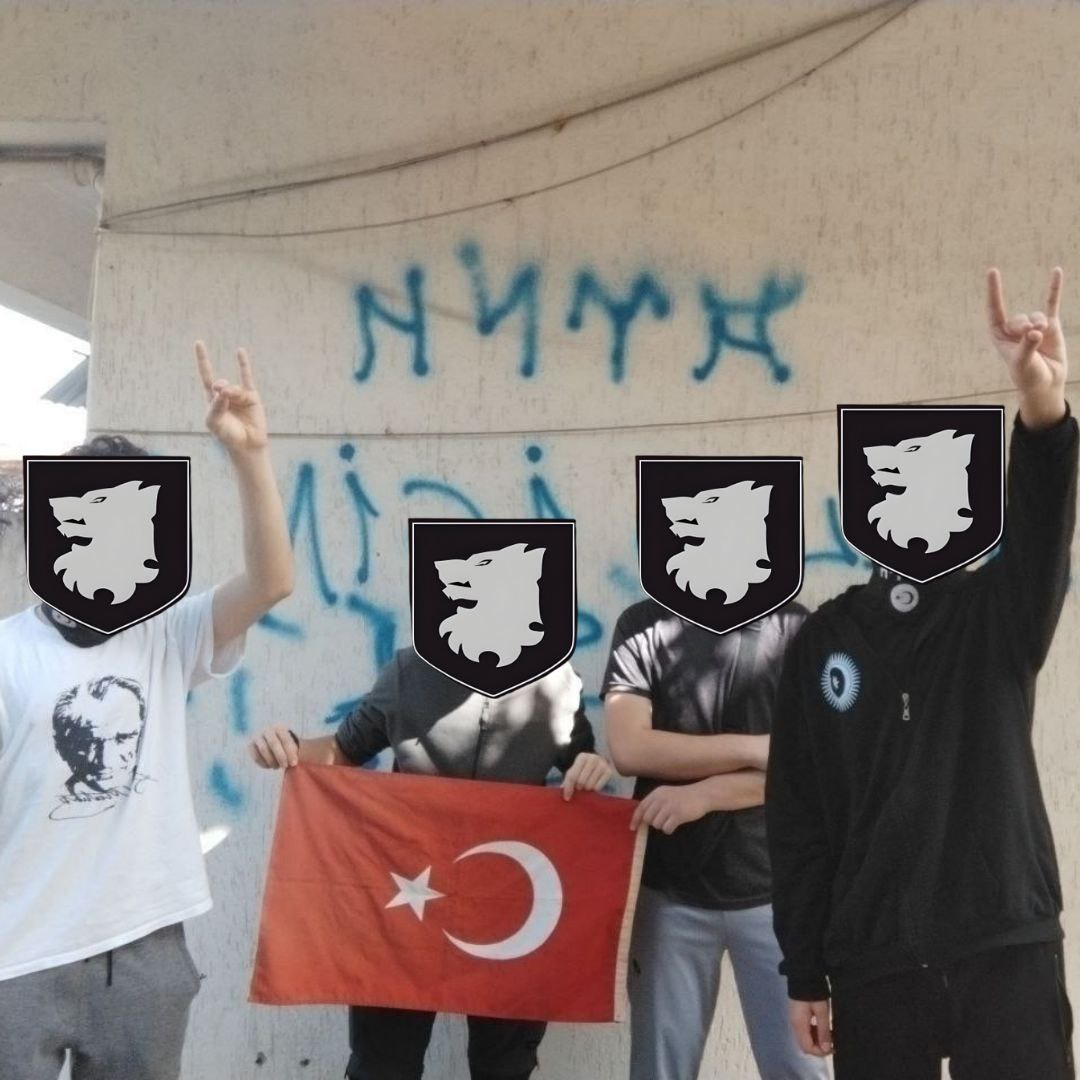
In response to growing concerns, Turkish law enforcement has initiated operations against the National Front. According to announcements on the group’s Telegram pages, several members have been detained by police.
However, despite these arrests, there are fears that neo-Nazi ideologies, which have traditionally had little sociological support in Türkiye, could continue to spread through violent actions and extremist propaganda.
The case of the National Front highlights the importance of vigilance against the spread of radical ideologies, particularly as they target the country's youth through both online and offline activities.